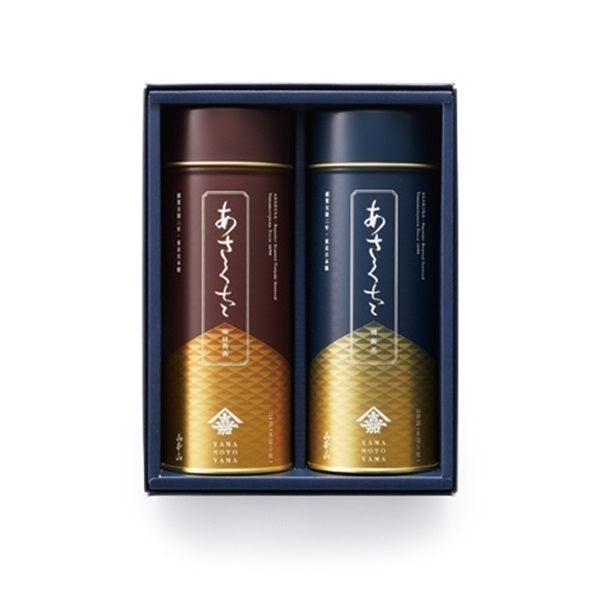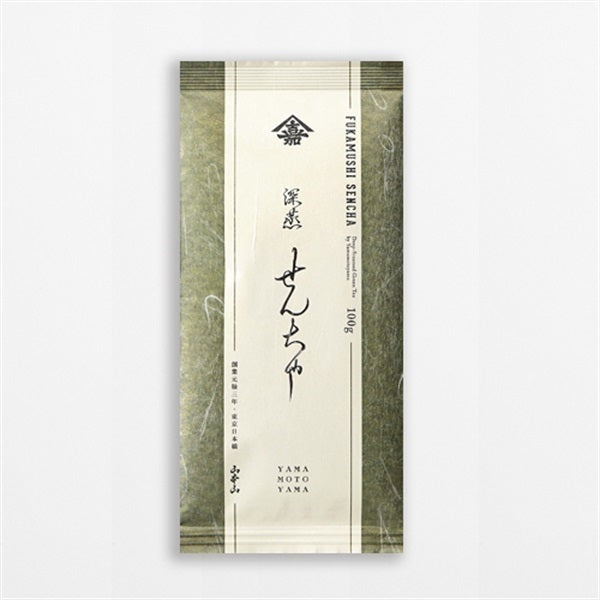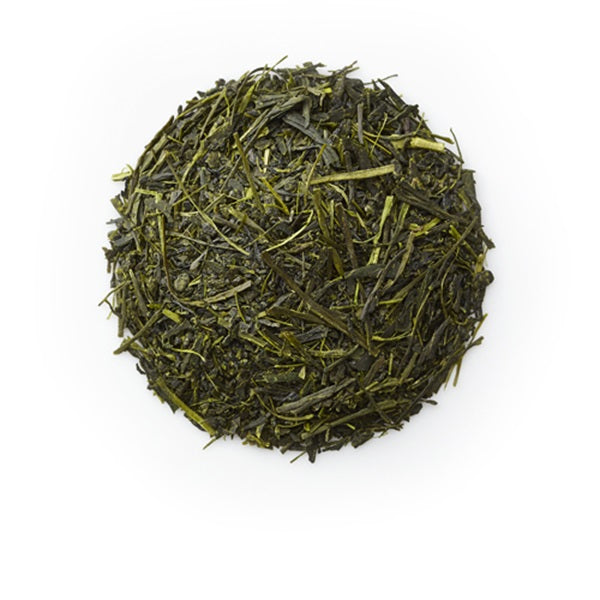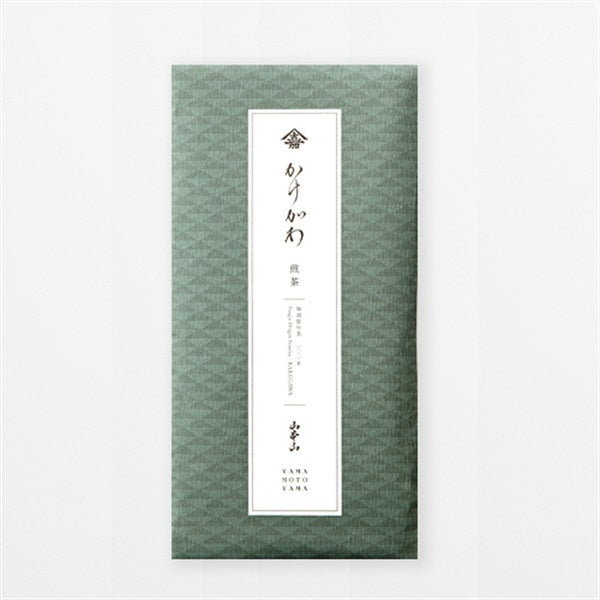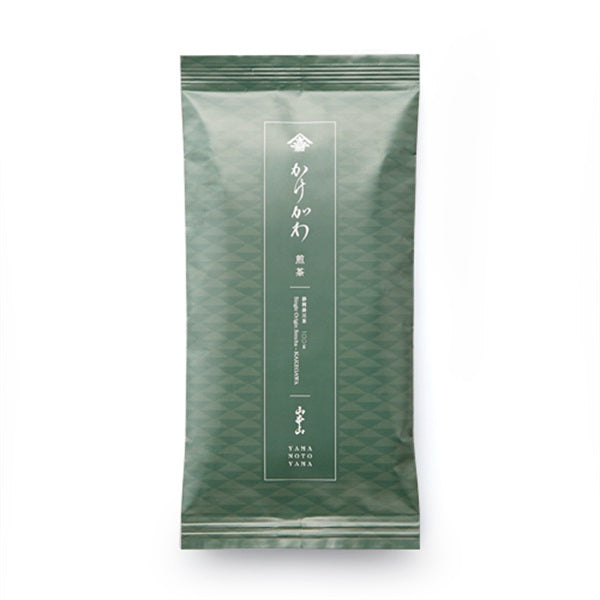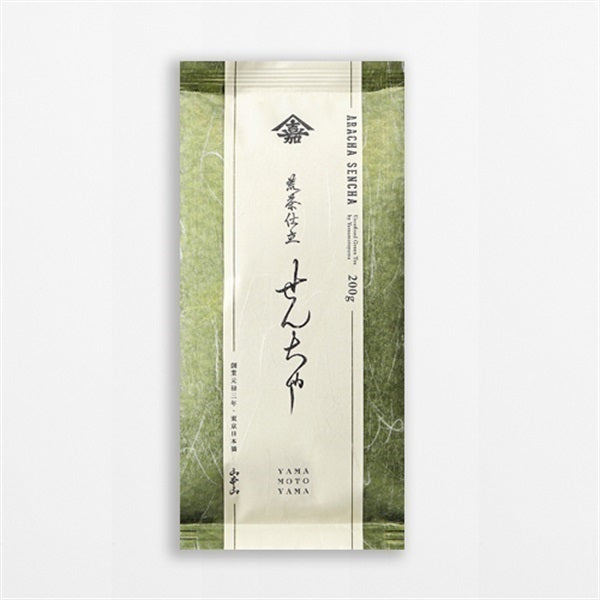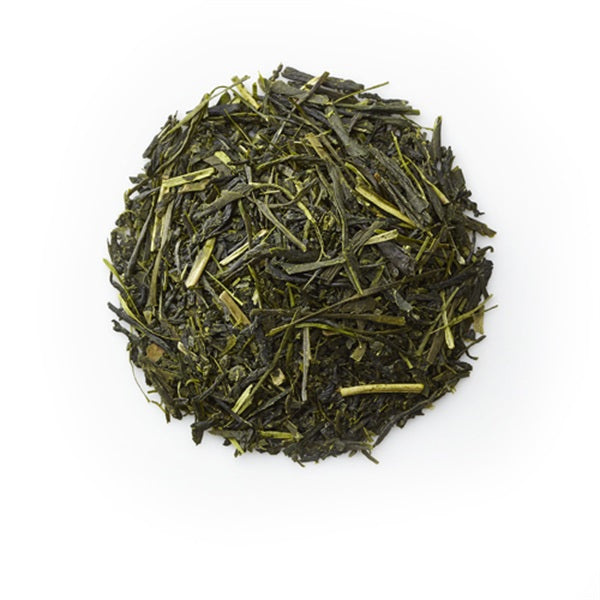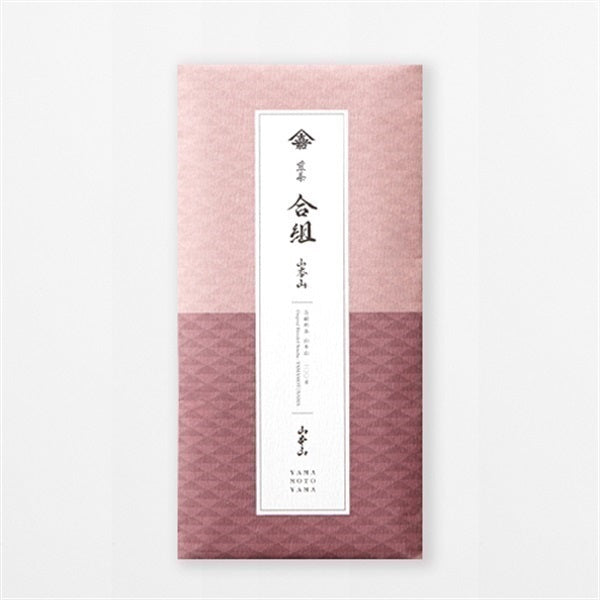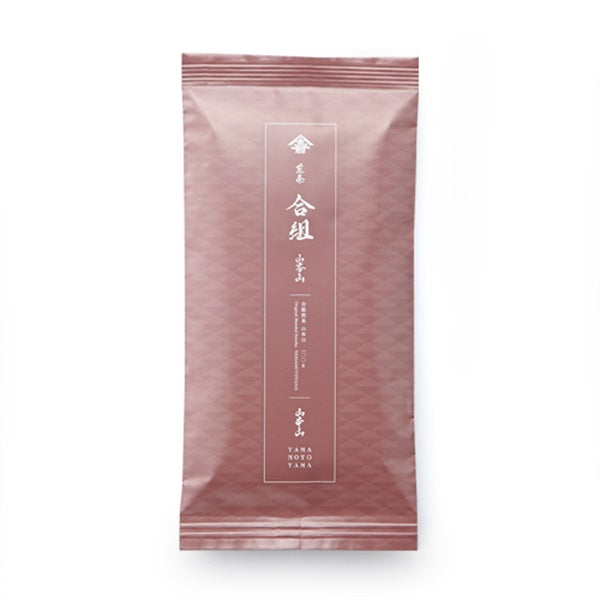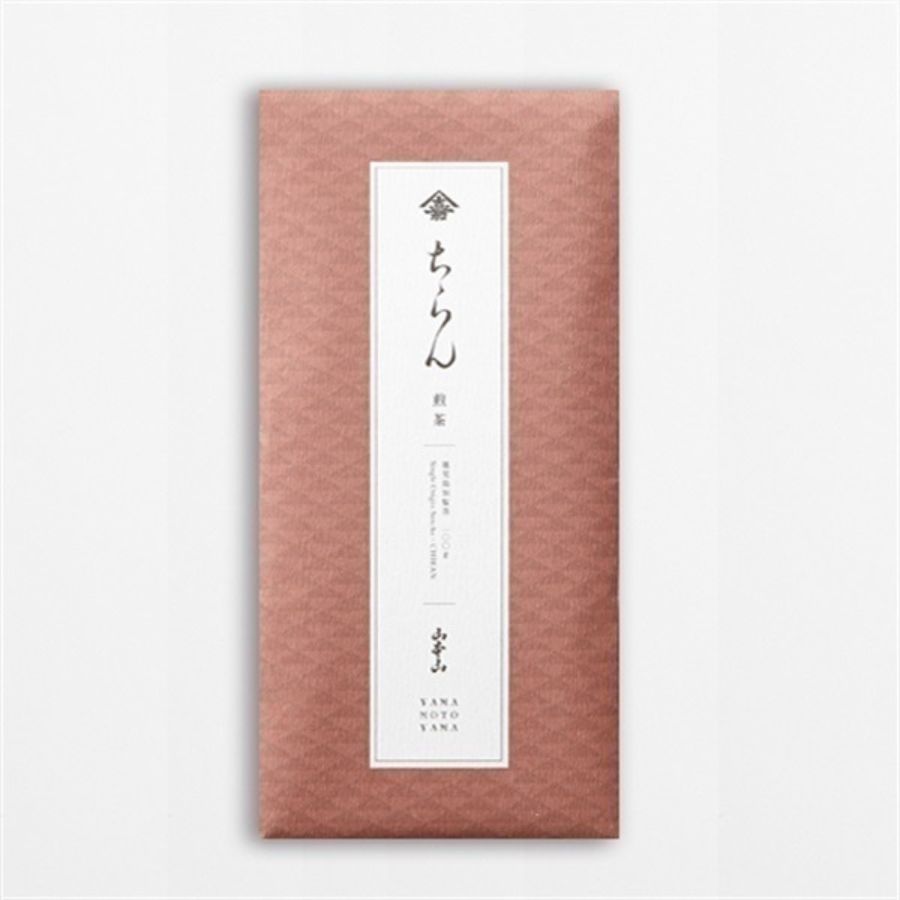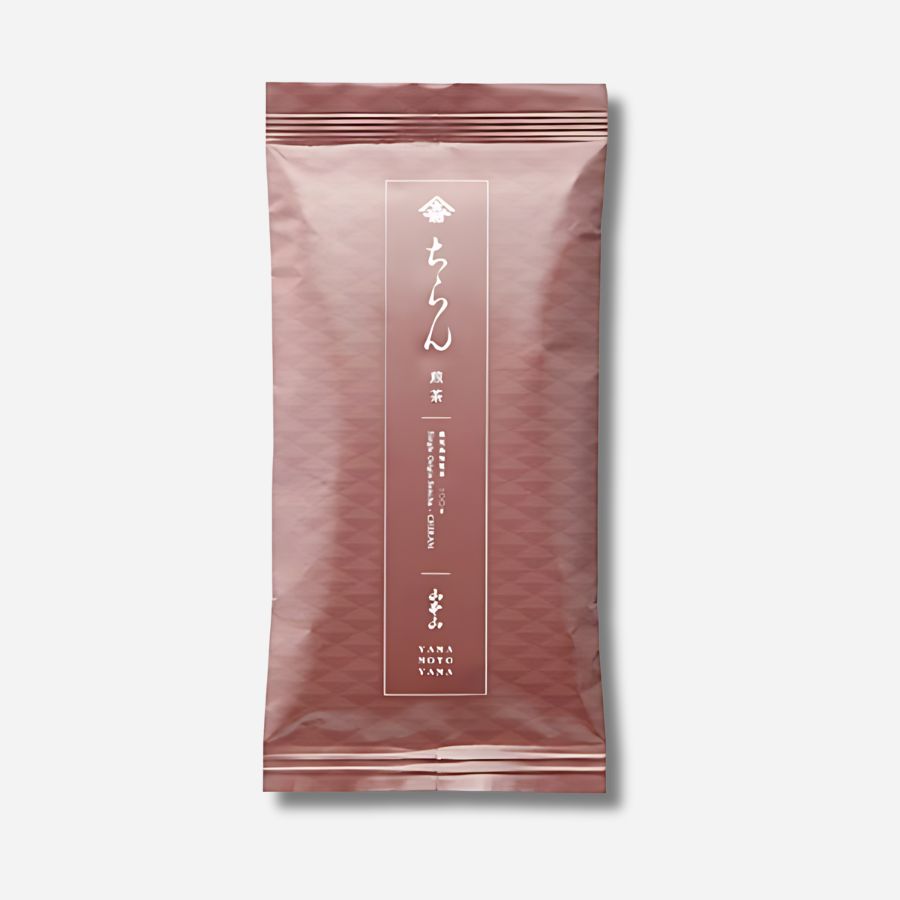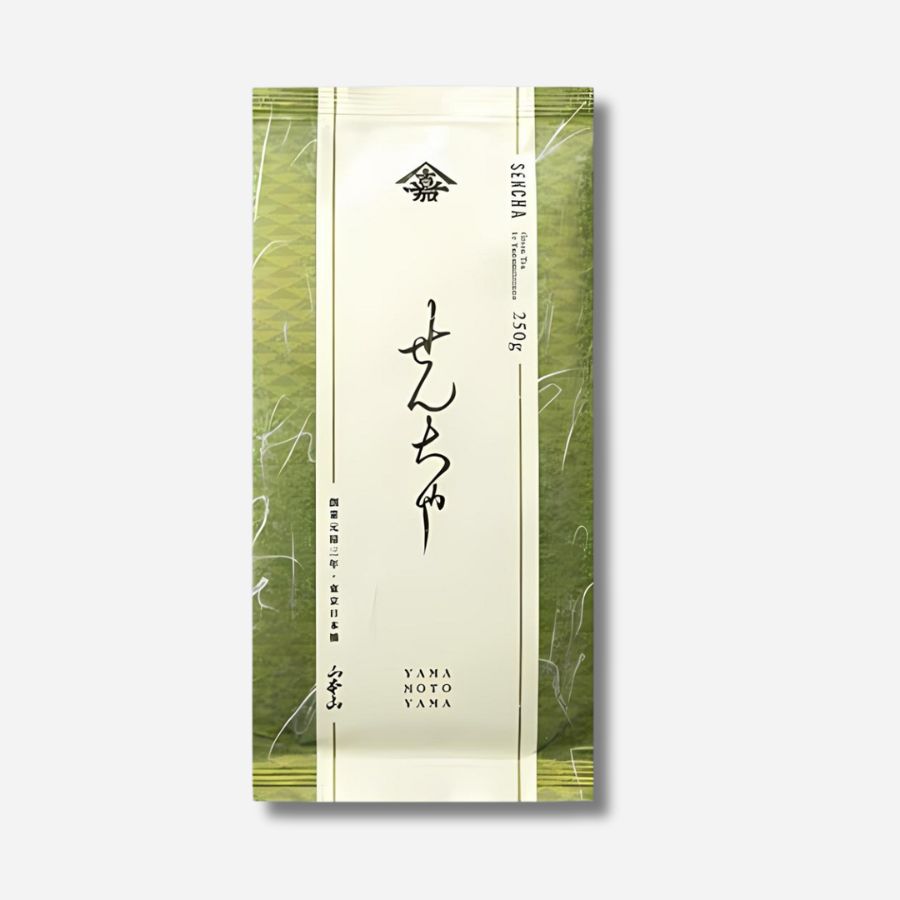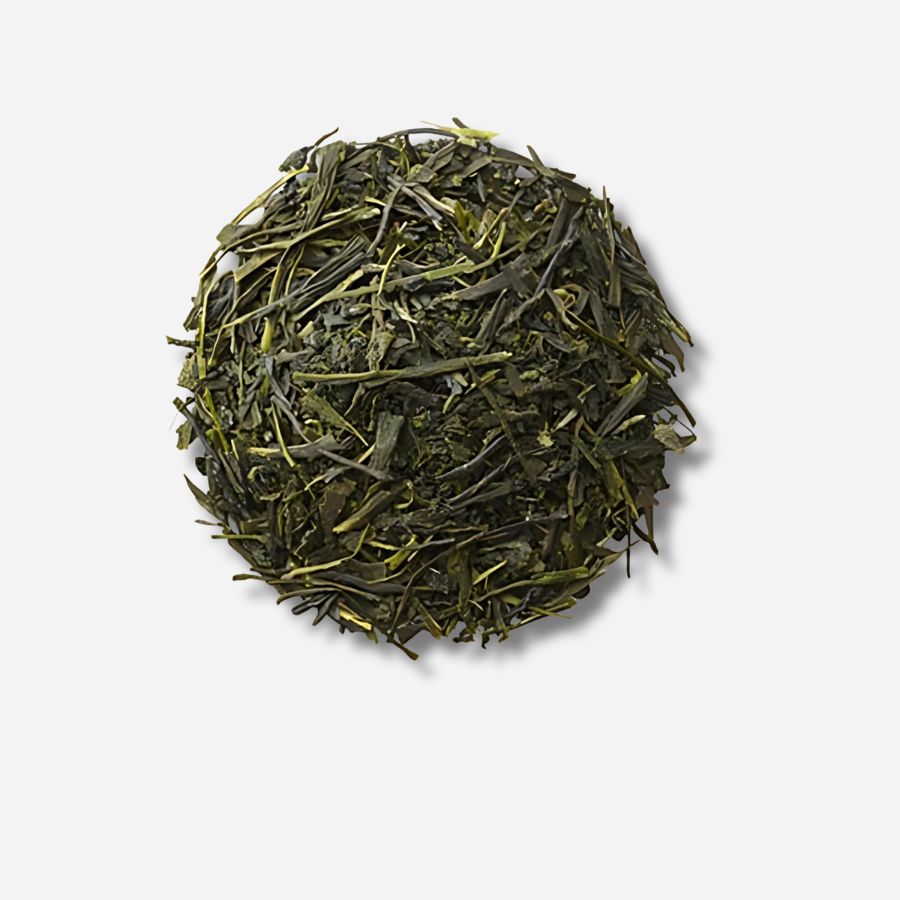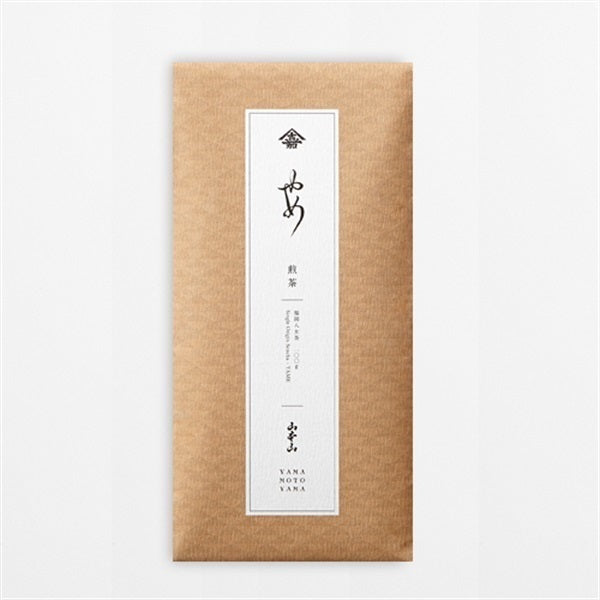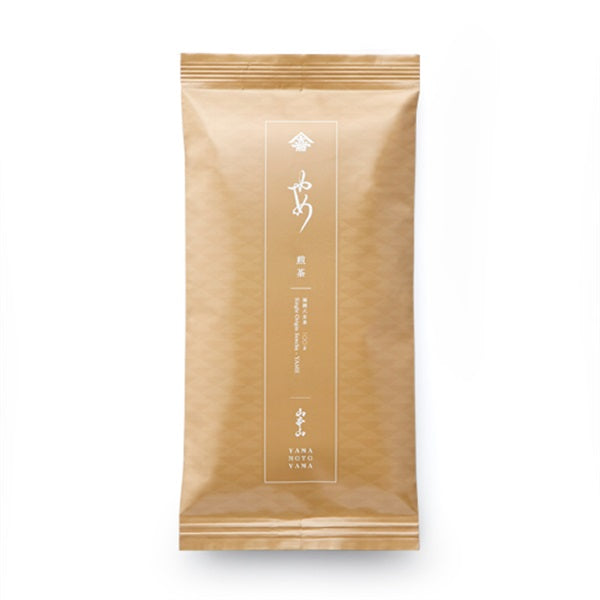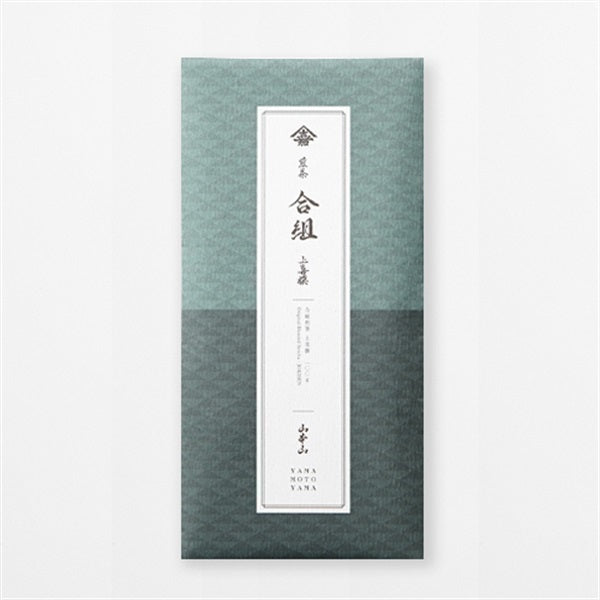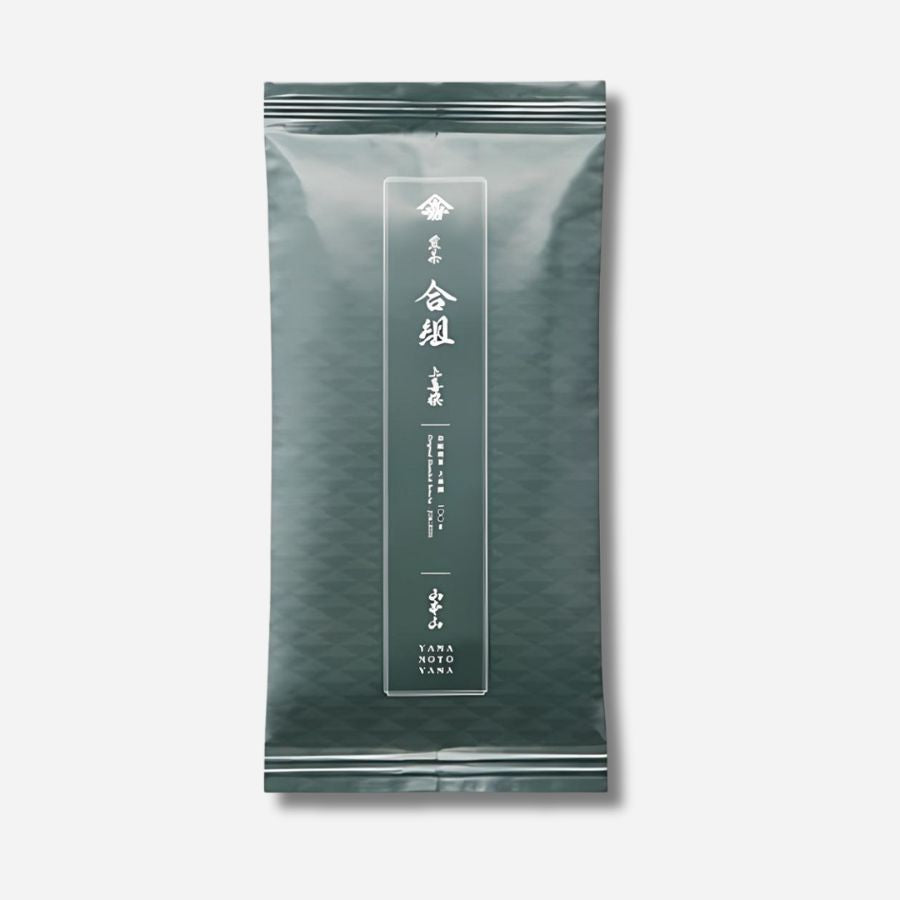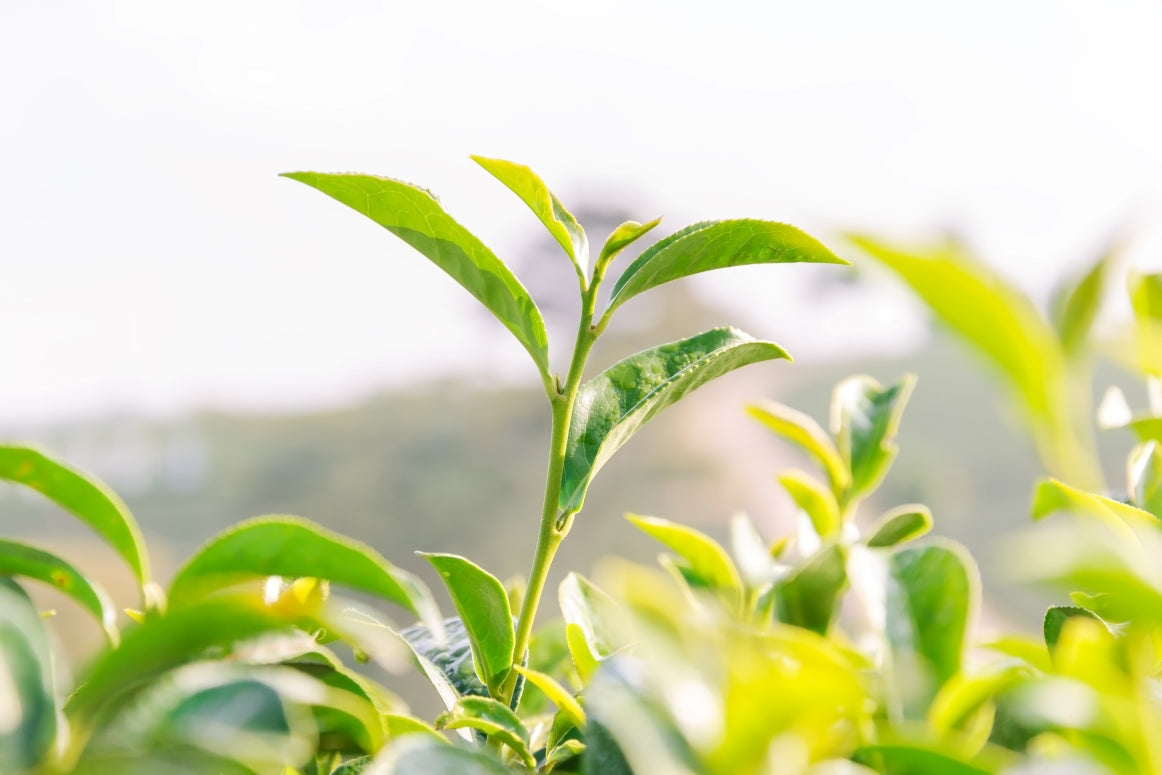
The incredible antibacterial power of tea! It even repels food poisoning bacteria! The secret of tea's health benefits
Introduction
The bactericidal effects of green tea have been known for a long time, and its antibacterial action against pathogens such as cholera bacteria is a prime example.
In particular, in today's world where infectious diseases are easily spread, the antibacterial properties of green tea are attracting renewed attention.

The mechanism of catechin's antibacterial effect
The main factor behind the antibacterial effect of green tea is catechin, a type of polyphenol with strong antioxidant properties.
Catechins not only suppress bacterial growth by destroying bacterial cell membranes and inhibiting the action of enzymes, but specific catechins, epigallocatechin gallate and epicatechin gallate, have a strong bactericidal effect against cholera bacteria and have also been confirmed to have the effect of neutralizing the toxins produced by cholera bacteria. This was revealed in a 1988 study by Shimamura Tadakatsu et al.

The power of catechins, which are also effective against food poisoning bacteria!
Cholera bacteria is just one example; the bactericidal effect of catechin has been confirmed to be effective against various types of bacteria, including E. coli O-157 and Salmonella, which cause food poisoning, and Helicobacter pylori, which causes stomach ulcers.
The bacteria that cause food poisoning can be broadly divided into infectious bacteria such as Vibrio parahaemolyticus and Clostridium perfringens, and toxin-producing bacteria such as Staphylococcus aureus and Clostridium botulinum.

According to researchers (Hara Masahiko et al.), among the catechins, shrimp gallocatechin gallate and epigallocatechin have been shown to have a strong inhibitory effect on the growth of these bacteria, even at concentrations roughly half that of regular tea.
It has also been reported that tea has a bactericidal effect against enterohemorrhagic Escherichia coli O-157, which has become a problem in recent years, even at low concentrations, about one-quarter that of regular tea.
Furthermore, research by Shimamura Tadakatsu et al. has demonstrated that catechin has a bactericidal effect even at low concentrations against MRSA, a type of drug-resistant bacteria that is resistant to antibiotics.

The hidden meaning behind the pairing of sushi and tea
The reason why the "sushi and tea" set is so common is not just a matter of custom, but is also thought to have a historical background as a means of preventing food poisoning.
In particular, when it comes to sushi which involves raw fish, refrigeration was not yet developed and the risk of food poisoning was high, so people would have been wise to ensure food safety by drinking tea with its antiseptic properties.
Similarly, the custom of drinking tea with meals is thought to have become established because food poisoning is more likely to occur in the summer.

